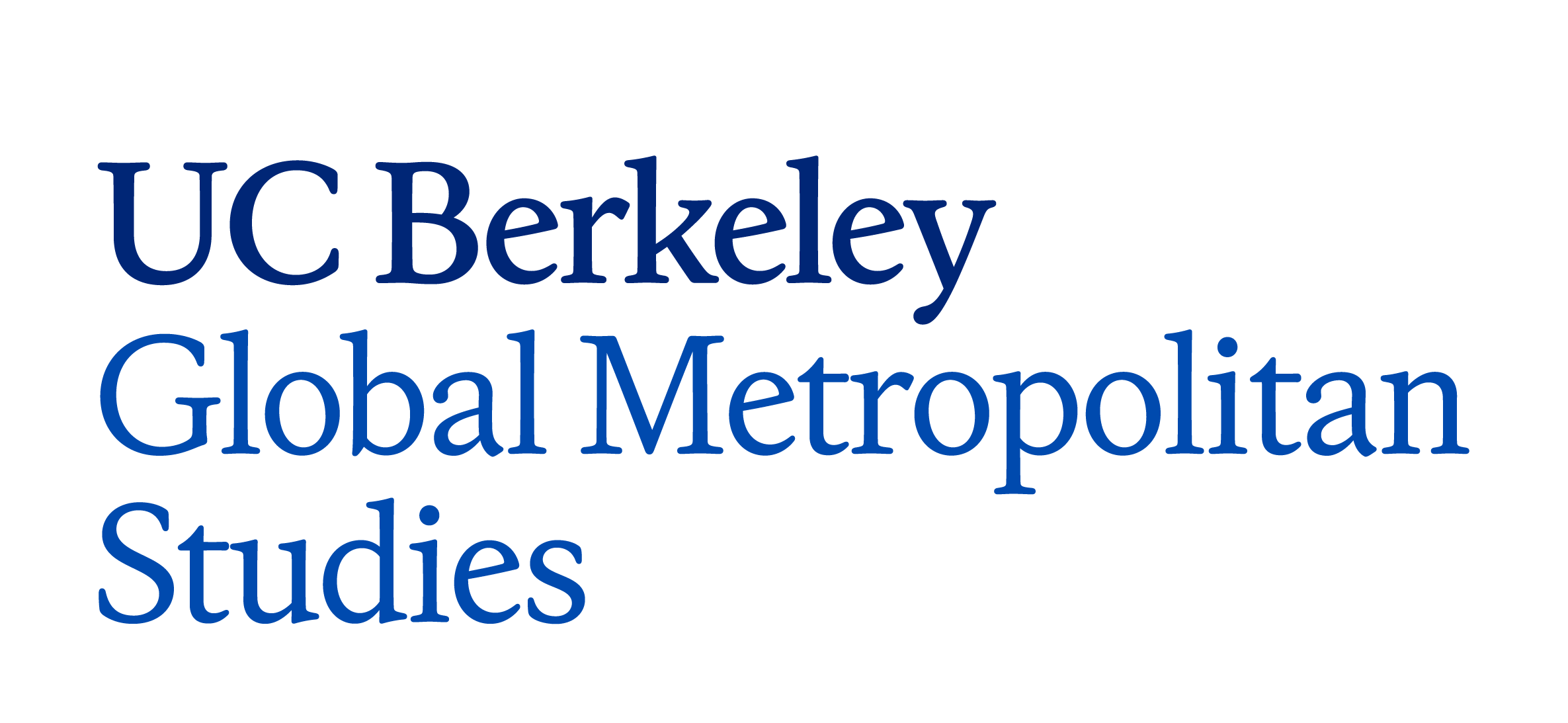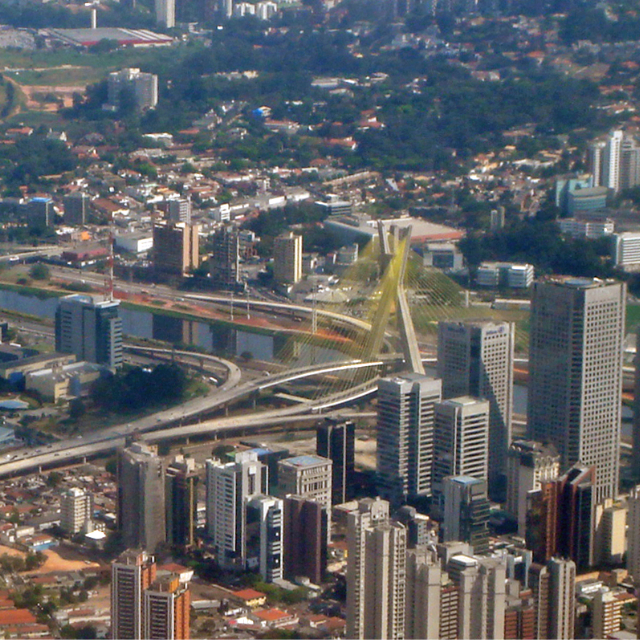In this talk, Eduardo Marques explores the heterogeneity of urban capital and assesses its role in the production of urban space and urban policy. He dialogues critically with a broad literature (especially Marxist and political economy perspectives) to specify the various subtypes of urban capital, their cycles of valorization, and their relationships with the State and with urban space. He also reviews critically the most important explanations for its importance in the formulation of urban policies. Finally, he discusses the role or different types of urban capital in the production of space in Brazilian cities.
Eduardo Marques is a political scientist and urbanist whose production has focused on issues of spatial segregation, poverty, and social networks in cities of the Global South, especially São Paulo. He is Professor of Political Science at the University of São Paulo and researcher and vice-director of the Center for Metropolitan Studies, which he directed from 2004-09. He is a Correspondent Editor of IJURR (International Journal of Urban and Regional Research) and trustee of the IJURR Foundation, as well as a member of the Strategic Council and a contributing professor at the Urban School of Sciences Po, Paris. He holds a BA in Civil Engineering (UFRJ, 1987), a specialization in public health (ENSP/FIOCRUZ, 1989), a Master’s in Urban and Regional Planning (IPPUR/UFRJ, 1993), a Ph.D. in Social Sciences (Unicamp, 1998) and postdoctoral studies at Cebrap (2002) and UCL, UK (2014). He was president of RC-21 – International Sociological Association (2014/2018). He is the author of several books, edited volumes, and articles, including Opportunities and Deprivation in the Urban South: Poverty, Segregation and Social Networks in São Paulo (Ashgate, 2012) and São Paulo in the Twenty-First Century Spaces, Heterogeneities, Inequalities (Routledge, 2016).

